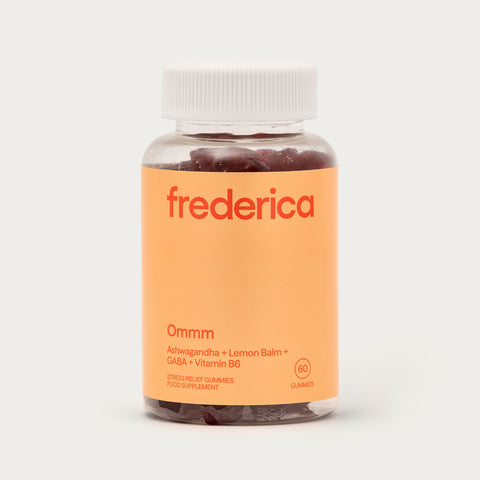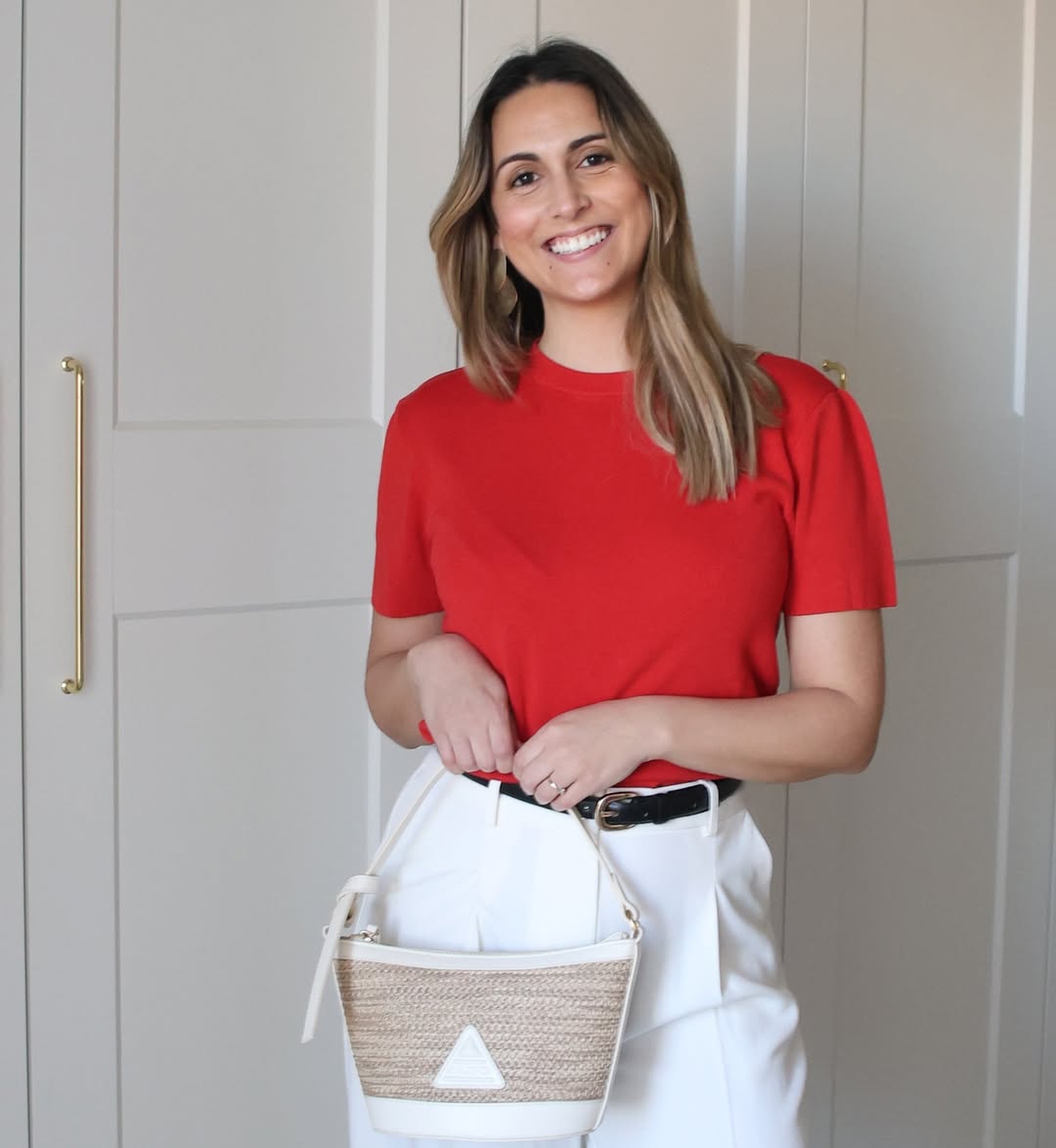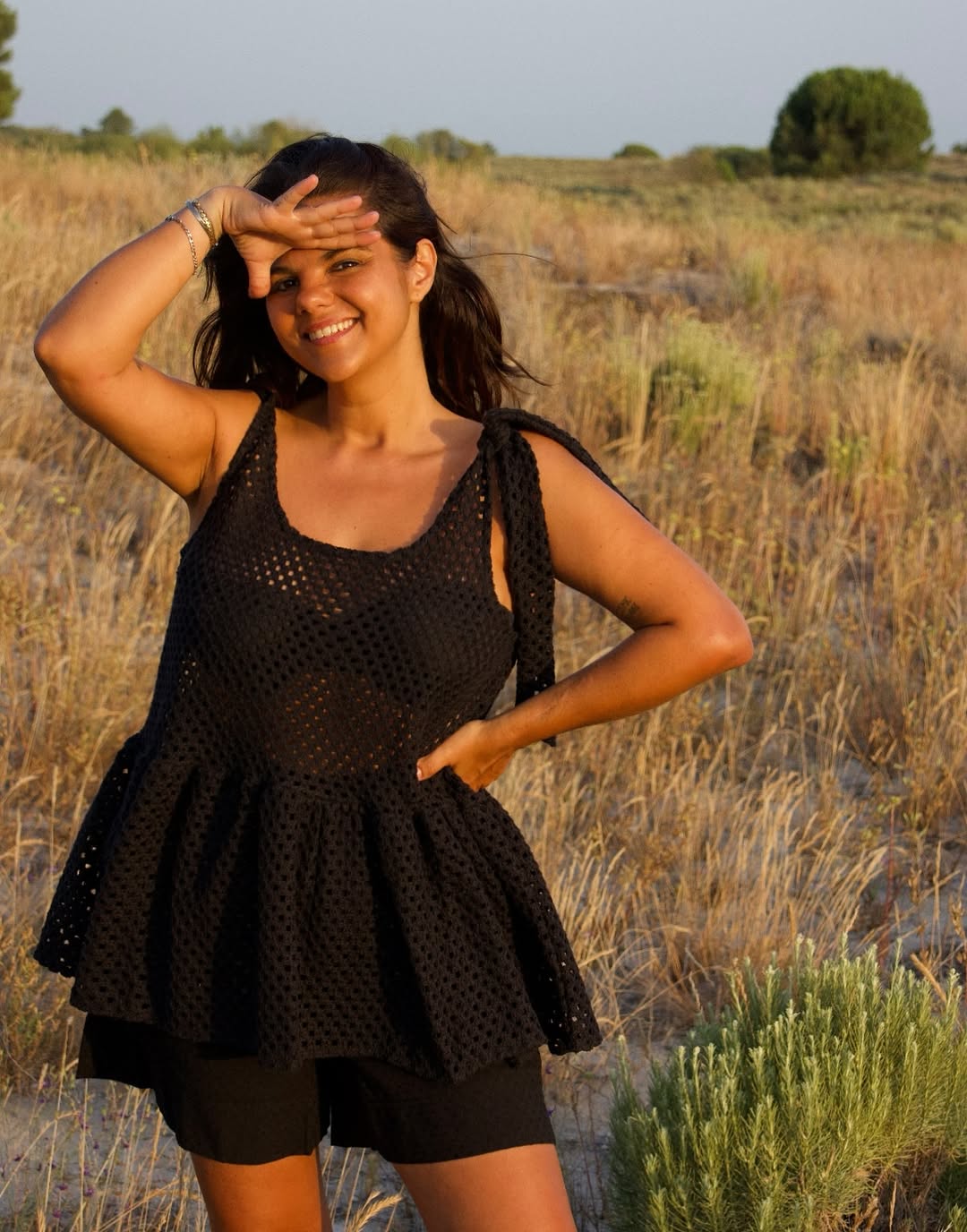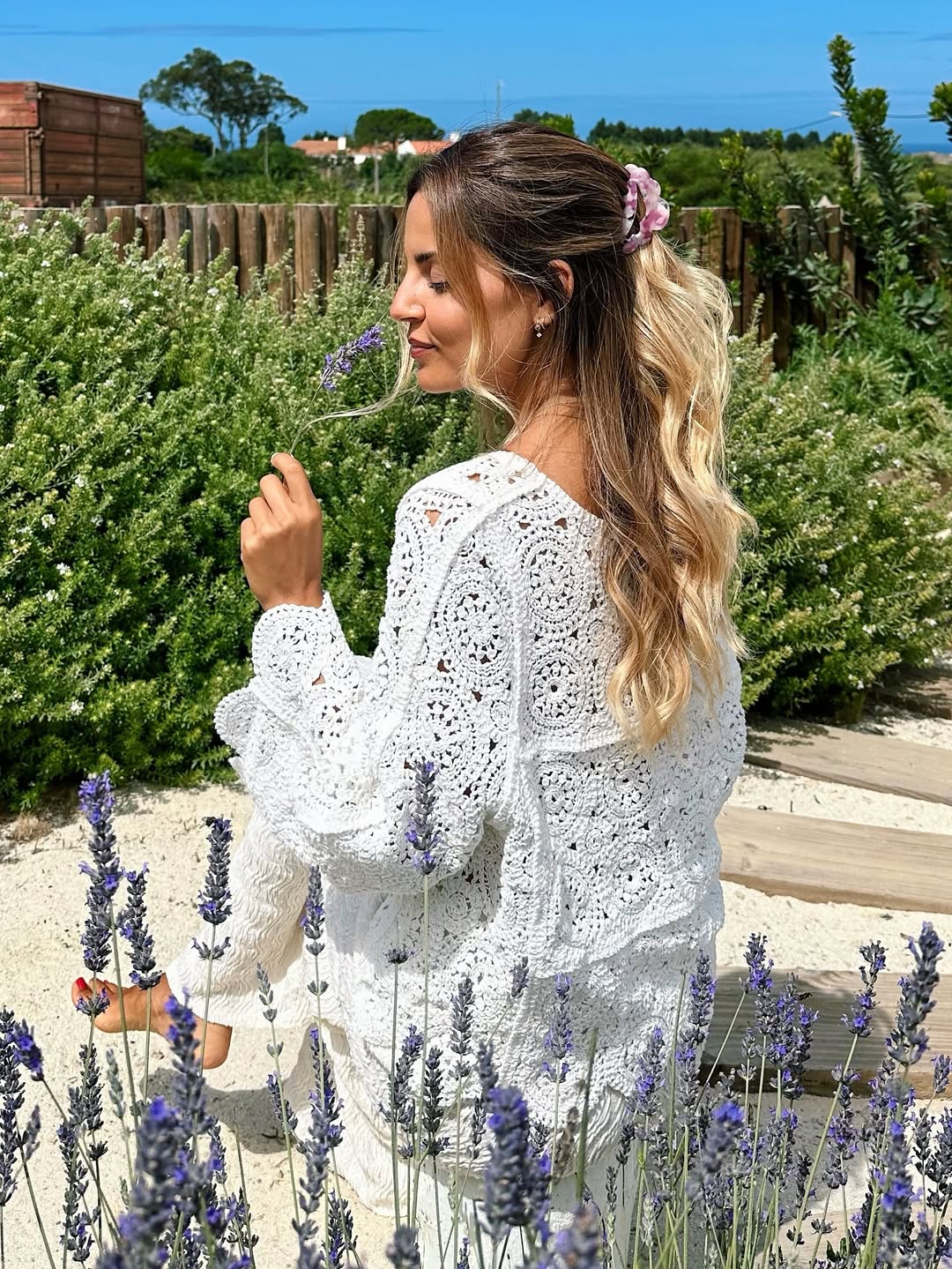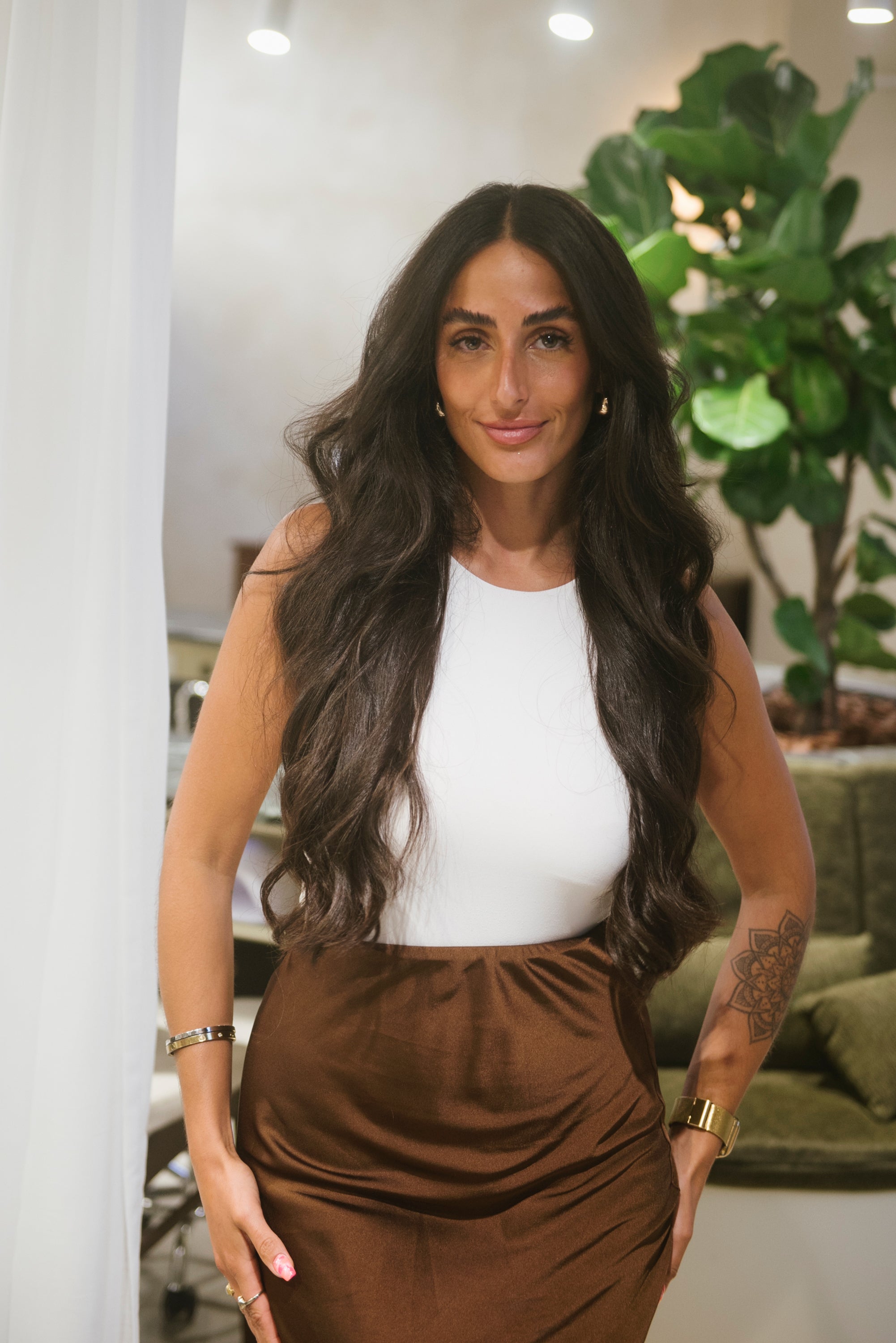Although empiricism reveals that what we are feeling may be real and not an illusion, it is interesting and pertinent to observe the corroborating evidence of science. And especially in the last forty years, technology has provided countless scientific evidence on a wide range of topics.
One of the things that has received special attention has been the power of thought and faith, in terms of believing in something supposedly positive and greater than ourselves.
For this reason, many experiments focus on observing the human brain—with the help of imaging—while the individual thinks about something. With few exceptions, most people's minds become active in the corresponding parts simply by thinking about a particular subject. Or rather, we don't need to be seeing or experiencing a particular situation for the brain to react to it. We can simply think intensely, and our mind assumes that "that," or part of "that," is happening.
Therefore, if the "base" of our Self's main command is in the brain—the nervous system—and it thinks something is happening, whether we're just thinking about it or not, it sends messages to all our organs, corresponding to the situation. These messages are sent throughout our organism, primarily through neurons and hormones. Then, our organism reacts. Many call this process somatization.
These observations helped us understand the strength and power of thought, faith, and belief. By studying the history of the different branches of psychology, sociology, anthropology, and even archaeology, we realize the importance that thought has had in human evolution, both behaviorally and technologically.
In fact, both religious and spiritual thought have given rise to beliefs that have contributed to the development of our general education. Sometimes positively, sometimes negatively (even destructively). Some argue that we are so dependent on materialism and basic sensory evidence (such as sight, hearing, etc.) that we have disconnected from many other tools within us that can help us live better.
These internal tools, such as thought management, for example, have absolutely wonderful effects on our bodies. It's no wonder that internationally renowned neuroscientist António Damásio highlights the importance of emotions and how we manage them through our thinking. It's also no wonder that topics like Mindfulness , with its combination of meditative and cognitive techniques, are increasingly practiced and implemented, not only in medicine but also at the organizational level, in companies.
The benefits are many when we open ourselves to a new way of thinking or thinking more positively (positivity is not about always being well, but accepting the vicissitudes of life – and of ourselves – in a calmer and less dramatic way).
It is similarly proven that those who believe in something "bigger" than their own earthly self and who have religious (non-limiting) or spiritual beliefs not only heal more quickly from some illnesses, but also tolerate and overcome the obstacles that life presents better, as well as having more periods of peace and tranquility.
Those who have faith in something that transcends them can surrender more easily, can let go of what has to go and accept, in a different way, a range of situations that, otherwise, become even more painful.
Towards believing
It's healthy, therefore, to believe. But it's important to emphasize that it's not good to have limiting beliefs that end up causing us to have erroneous thoughts, including about ourselves, others, or life. This will create heaviness and inhibit the fluidity of our Self. The goal is for us to live more often than we survive.
So, especially if you are not a believer, if you have little faith and some difficulty in living more positively, perhaps it is time to begin, here and now, your inner journey towards BELIEVING.
Fear not, do you know why? Because the topics below are meant to help you begin, at the very least, to believe more in YOURSELF! Yes, start by realizing that within you there is a spark of a God or a Goddess (something that transcends us). Take a few seconds to think about this: do you need to think for your liver to function? Do you need to give orders for your kidneys, heart, and other organs to do their work? No, right? Do you know why? Because the intelligent life within us does this for our Self. Here are some phrases that can facilitate the reflection you may need right now, in order to have more faith in yourself.
Have more faith in your inner “God.”
- As human beings, children of Mother Nature, we are brimming with intelligent processes that help us live without having to think about it. Continuing with the basic reasoning mentioned above: you also don't need to tell your stomach to digest, nor tell your body that it needs more adrenaline and cortisol to run faster and catch the bus, nor tell your white blood cells to recognize harmful invaders and defend your body from viruses and bacteria. Right? Treat yourself well and have faith in your body's intelligence.
- Listen to your heart. Remember how it warned you about so many things? Well, it does. Everything around us is energy and vibrates. The heart, being the organ with the largest electromagnetic field in our body, senses other vibrations well. But it's not just music or emotions. It senses the vibrations of other people, objects, and things. Therefore, generally speaking, it always gives you the right answer.
Accept the positive and the negative that is in you.
- Understand that the duality that exists within unity is wonderful: having within yourself good things and less good things, and that some of the "negative" things can serve a good purpose. Moderate stubbornness can be the trigger for perseverance. Moderate yourself, weigh the pros and cons calmly, and move forward.
Have faith again in the human beings you love and who love you.
- We've all experienced disappointments. However, we often become disappointed because we have high expectations of people or what they could, or can, offer us. Forget that. Understand that, for better or worse, we're all doing the same thing right now: doing the best we can with what we have today, whether cognitively, emotionally, financially, etc. Lower your expectations and let things flow, because everyone has a life that requires attention. Don't lose hope or faith, especially in "men and women of good will ." You're not alone.
Surrendered to time and life.
- There are situations that only the passing of time helps resolve or lessen their intensity. I believe you've had time to realize that time may not erase a certain "thing," but it does end up making it lighter. Surrender and trust. The Universe, life, and—there it is—time, are wise.
Finally, if you want to have another tool to help you work on the above, and understand how you can start replacing negative thoughts with positive ones, read this article, here, on Frederica: How to Replace Negative Thoughts with Positive Ones .
Read, reflect, talk about all this with someone you like, but please, never stop believing in your abilities, not only as a person, but also as a wonderful human being who inhabits the most beautiful planet in our galaxy.
Vanda do Nascimento is a therapist, coach, and mindfulness instructor at the Escola de Mindfulness Essencial , which she founded in 2016. She began her career as a teacher in 1997, graduating with a degree in Pedagogy. Around the same time, she also began studying Reiki, Meditation, and Mindfulness. She later pursued psychology and delved deeper into mindfulness to continue her struggle to manage stress and anxiety.


